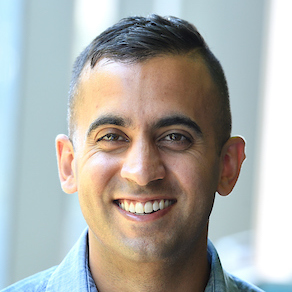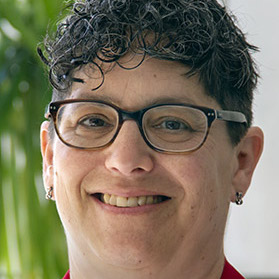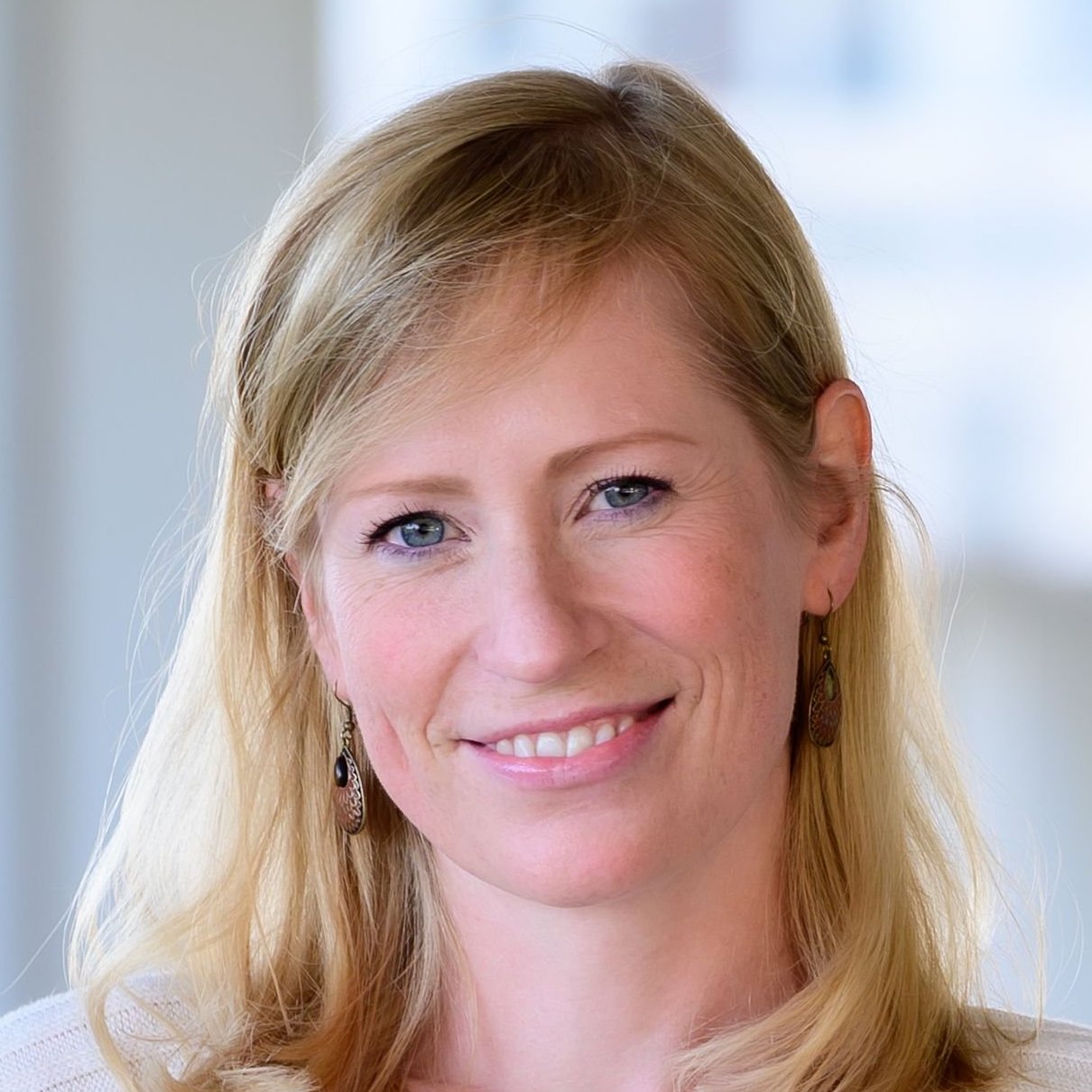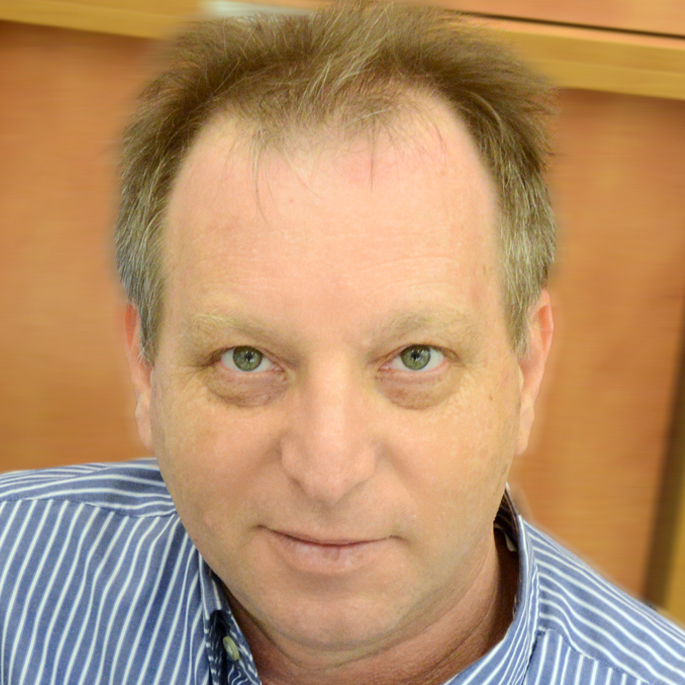Board of Directors
Christian Ottolini, Chair, was one of the first IVF babies and has a deep interest in understanding the origins of life. An embryologist by training, Christian is now the Head of Embryology for Juno Genetics EU. He holds honorary academic positions at University College London and the University of Kent where he continues his research into aneuploidy in human oocytes and the link between aneuploidy and preimplantation embryo development.
Karen Schindler, Executive Director, is Professor in the Genetics Department at Rutgers University. Her research program aims at understanding the origins of aneuploidy by evaluating mutant mouse models where key genes that control meiosis are knocked out and by identifying and assessing genetic variants in the human genome that are causative of female gamete aneuploidy. Her work is funded by NIGMS and NICHD.
Diego Marin, Treasurer, is Head of Global Business Development and Scientific Affairs at Genomic Prediction and Adjunct Professor in the Department of Human Genetics at Rutgers University. His research bridges clinical application and cutting-edge genomics to investigate the origins of aneuploidy, polygenic risk scoring, and gene editing in human embryos.
Jenny Gruhn, Secretary, is Assistant Professor in the Department of Cellular and Molecular Medicine at the University of Copenhagen. Dr. Gruhn received her PhD from Washington State University. She is now working at the center of one of the largest collaborative studies of human oocytes to study the effects of maternal age on chromosome segregation errors and aneuploidy directly in the adult female germline.
2025 Conference Organizing Committee
Joris Vermeesch is head of the Laboratory of Cytogenetics and Genome Research at the Center for Human Genetics, KULeuven, Leuven, Belgium. The Vermeesch laboratory develops and uses genomic technologies to map the causes and mechanisms underlying rare developmental disorders with a focus on structural variation and mosaicism detection. The laboratory translates and implement technologies to improve postnatal diagnosis of rare diseases as well as preimplantation and prenatal genetic testing to avoid transmission of disease alleles.
Olga Tšuiko is a postdoctoral fellow in the Laboratory of Cytogenetics and Genome Research at the Center for Human Genetics, KULeuven, Leuven, Belgium. Olga is an expert in clinical cytogenetics with a particular interest in understanding the origins of human aneuploidies, as well as other forms of complex de novo mutation through application of genomic technologies.
Christian Liebst Frisk Toft is Molecular Biologist and Researcher at Center for Preimplantation Genetic Testing, Aalborg University Hospital, Denmark. Christian is working to understand and improve the outcomes of various preimplantation genetic testing approaches that are used in the clinic.
Outgoing Board of Directors
Alan Handyside, Outgoing Executive Director, is an Honorary Professor of the School of Biosciences, University of Kent, Canterbury, UK. He is an internationally-recognised pioneer and expert in human embryology and preimplantation genetics with an extensive research portfolio, track record for innovation in single cell diagnostics (including two patents) and 20 years experience in management in the private IVF sector in the UK. His research interests are in human embryology and preimplantation genetics, including a particular interest in the association between aneuploidy and developmental arrest.
Eva Hoffmann, Outgoing Co-Chair, is a Scientific Director of the clinical consortium ReproUnion and Deputy Director of the Center for Chromosome Stability at the Medical School at the University of Copenhagen. Her research focusses on how genomic instability in human gametes and embryos affect pregnancy loss and congenital disorders. This includes the development of single-cell sequencing and computational methods to probe genomic changes in eggs and tissues.
Rajiv McCoy, Outgoing Co-Chair, is Associate Professor in the Department of Biology at Johns Hopkins University whose research is focused on human genetics and evolution. His lab seeks insight into the genomic basis of variation in human fertility through the development and application of computational and statistical methods. To this end, his work combines diverse datasets and conceptual frameworks from complex trait genetics and evolutionary genomics to gain quantitative perspectives on human reproduction. Participation by Dr. McCoy does not constitute or imply endorsement by the Johns Hopkins University or the Johns Hopkins Hospital and Health System.
Nathan Treff, Outgoing Treasurer, is Co-Founder, CSO, and Clinical Laboratory Director of the Genomic Prediction Clinical Laboratory. He is an associate professor at Rutgers Robert Wood Johnson Medical School and adjunct professor in the Rutgers Department of Genetics. His research interests are expanding and improving genetic testing in the preimplantation embryo.
Members
Peter Benn is Professor Emeritus in the Department of Genetics and Genome Sciences at the University of Connecticut, USA. His career has focussed on the clinical provision of screening and diagnosis for genetic disorders. His more recent research has mostly focussed on the optimal provision of non-invasive prenatal testing through the analysis of cell free DNA in maternal plasma and the significance of confined placental mosaicism.
Antonio Capalbo is Scientific and Laboratory Director at Igenomix Italy (Rome, Italy) and Senior Deputy of the ESHRE Special Interest Group in Reproductive Genetics. His scientific interest focuses on preimplantation genetic testing and the development of novel molecular techniques and embryo biopsy protocols to improve pregnancy and take-home baby rates in ART; basic research is focused on the mechanisms and implications of aneuploidies in oocytes and preimplantation human embryos. He has developed substantial expertise in Preimplantation Genetic Testing, IVF and clinical embryology, Preconception Carrier Screening, Human Genetics, with 15 years of experience in management of IVF and reproductive genetics laboratories.
Howard Cuckle is a reproductive epidemiologist and international authority on screening, particularly in the antenatal period. Current academic affiliations include Tel Aviv University Faculty of Medicine, Israel; Columbia University Medical Center, USA; and University of Leeds, UK. He is also associated with the Perinatal Quality Foundation which runs the largest NT education and quality review program in the USA. Throughout his career he has authored more than 500 publications in books and medical journals.
Eleanor Feingold is Interim Chair and Professor of Human Genetics, Professor of Biostatistics, and Executive Associate Dean at the School of Public Health at the University of Pittsburgh. In her research, she develops statistical methods for questions in genetics, particularly involving genomic data and new technologies. This includes digging into the gory details and understanding how data from new technologies need to be cleaned before they can be used. She also enjoys working with large collaborative groups to dissect the genetics of particular traits.
Terry Hassold is Professor in the School of Molecular Biosciences and Center for Reproductive Biology at Washington State University. The primary aim of his laboratory is the use of cytogenetic and molecular techniques to study the origin and etiology of human chromosome abnormalities, with the aim being to uncover basic mechanisms responsible for the errors. His lab has recently initiated a series of studies to examine factors responsible for “setting” recombination levels in mammalian males and females.
Patricia Hunt is a Meyer Distinguished Professor in the School of Molecular Biosciences at Washington State University. Research in the Hunt laboratory focuses on the genetic control of reproduction in mammals, with a major emphasis on understanding the causes of human chromosome abnormalities, human infertility, and environmental effects on reproduction. A major research focus is on understanding the control of the normal meiotic process in the mammalian female, the mechanisms(s) by which errors occur, and the way in which age and environmental contaminants influence both male and female meiosis.
Brynn Levy is a Professor of Pathology and Cell Biology at the Columbia University Medical Center. He is also the Medical Director of the Clinical Cytogenetics Laboratory of the New York Presbyterian Hospital and a Co-Director of the Division of Personalized Genomics in the Department of Pathology & Cell Biology. His research areas of interest include early prenatal screening using fetal cells and cell-free fetal DNA from maternal circulation, PGD and the etiology of recurrent miscarriage.
Mina Popovic is a a geneticist and clinical embryologist and is currently the Scientific Director of the Eugin Group in Barcelona, Spain. Throughout her career she gained extensive experience in embryo genetics and PGT, as well as modelling early human development and human stem cell biology. Mina is currently the coordinator of ESHRE’s Special Interest Group (SIG) Stem Cells and has been involved in the SIG Stem Cells Steering Committee since 2018.
Melina Schuh is a Director at the Max-Planck-Institute for Biophysical Chemistry in Göttingen, Germany, where she leads the Department of Meiosis. Her laboratory investigates how fertilisable eggs develop in mammals, and how errors arise in this process, which are a major cause of miscarriages and infertility. A key aim of her laboratory is to investigate how the oocyte’s cytoskeleton drives meiosis, and how defects at the interface between chromosomes and cytoskeletal structures lead to aneuploid eggs and pregnancy loss.
Lena Wartosch is a staff scientist in Melina Schuh’s Department of Meiosis at the Max-Planck-Institute for Biophysical Chemistry in Göttingen, Germany. The laboratory studies the intricate process of mammalian egg cell development and maturation into a fertilisable egg and, in particular, works to understand the underlying causes of errors during this process often leading to infertility or pregnancy loss. Focusing on the role of the oocyte cytoskeleton, the laboratory investigates how erroneous interactions between the cytoskeleton and chromosomes can cause aneuploidy.
Jinchuan Xing is an Associate Professor in the Genetics Department at Rutgers University. His research program focuses on the inter-individual genomic diversity and the impact of genomic variation. Using genomic and computational approaches, his lab identifies genetic factors (DNA variants, genes, and pathways) that contribute to female gamete aneuploidy.
Yuval Yaron is Obstetrician Gynecologist, Medical Geneticist, and Director of the Prenatal Genetic Diagnosis Unit at the Tel Aviv Medical Center, affiliated to the Tel Aviv University School of Medicine. He is Organizer and Chairman of COGEN, Controversies in Genetics World Congress. His main interests are in prenatal diagnosis of aneuploidy, chromosomal microarray, PGT, cfDNA in miscarriages, and next generation sequencing.






















